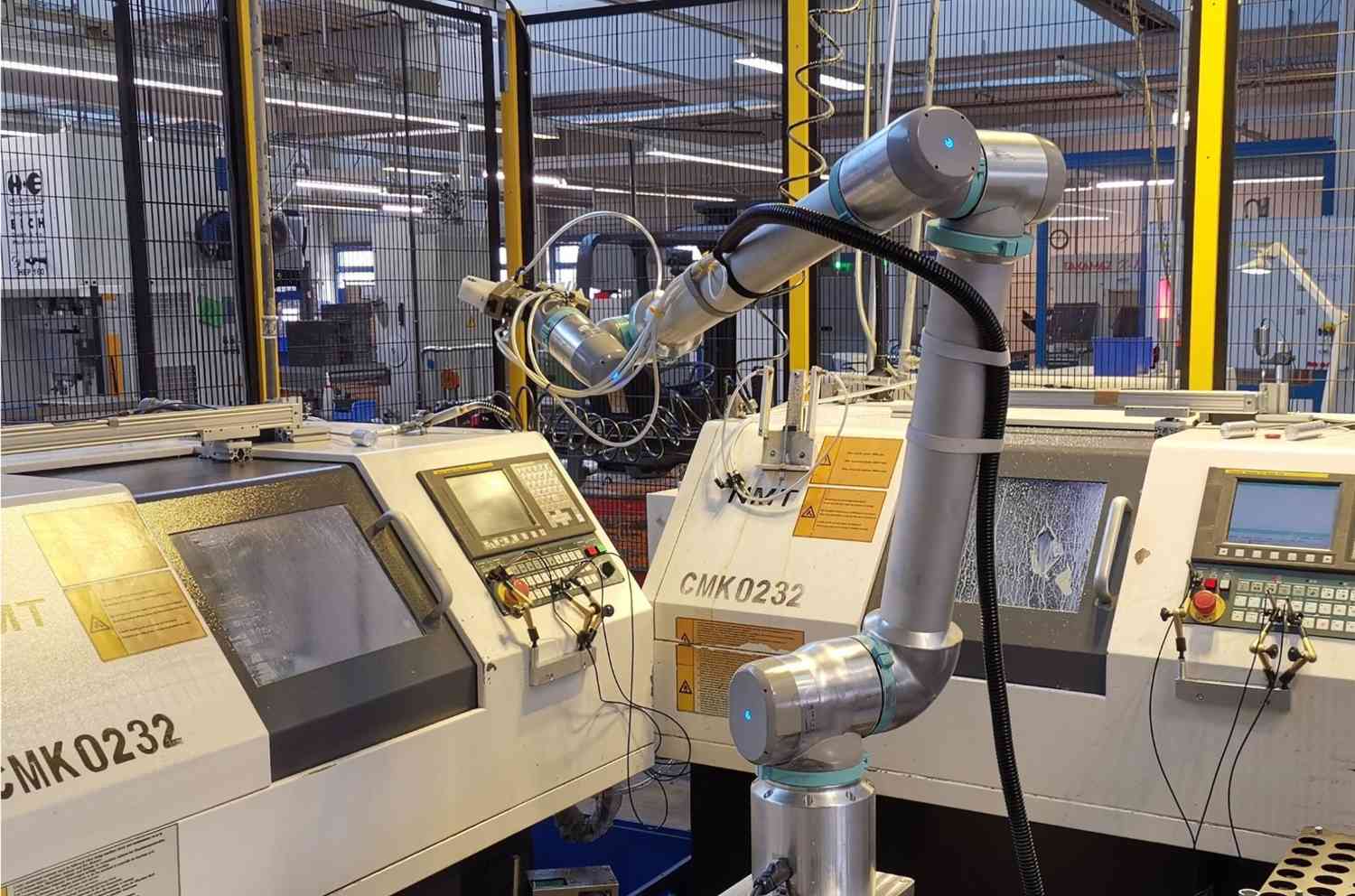CNC robots are automated machines that can work precisely and efficiently using computer numeric control (CNC). These sophisticated robots are designed to perform complex tasks in the manufacturing industry, such as milling, drilling, cutting and engraving materials such as metal, wood, or plastic.
Functionality and benefits
A CNC robot is programmed to perform precise movements and use various tools to produce parts or components according to specified specifications. By automating manufacturing processes, industrial companies can benefit from several advantages. This includes:
- Accuracy and repeatability: CNC robots can perform tasks with exceptional precision and offer high repeatability, resulting in consistent and high-quality results.
- Increasing efficiency: By automating manufacturing processes, companies can increase their production speed and reduce turnaround times, resulting in an increase in overall efficiency.
- Cost savings: The use of CNC robots can lead to significant cost savings, as less manual work is required and material utilization is optimized.
CNC machines and automation
To automate CNC machines, companies must first conduct a comprehensive analysis of their manufacturing processes and identify potential areas that are suitable for automation. This could include, for example, the integration of CNC robots into existing production lines or the installation of new automated production cells.
The first step in automating CNC machines is choosing the right robots for the company's specific needs. Aspects such as load capacity, range, accuracy and flexibility should be considered. Careful programming and integration of the robots into the manufacturing environment is then required to ensure smooth operation.
By gradually automating their CNC machines, companies can strengthen their competitiveness, increase productivity and successfully meet the challenges of an increasingly digitized manufacturing landscape.

